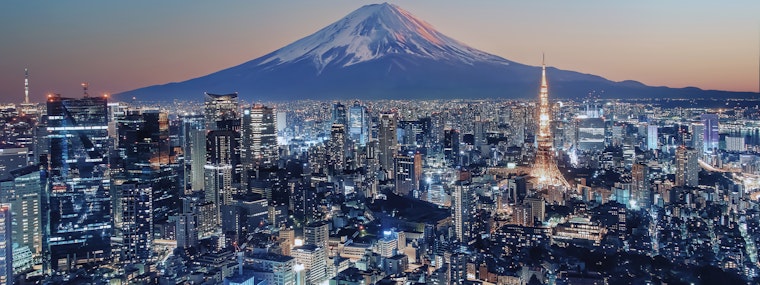
Japan: A Journey into Geoscience & Geography
A journey into Geoscience & Geography
This 6-day educational journey explores Japan's leading role in renewable energy and environmental management. Starting in Tokyo and travelling north to Iwate, students stay at the International Exchange Village Yakehashiri, where they engage in interactive geothermal energy workshops and field visits to a lava field, eco-farms, and a former sulphur mine.
Key Details
Packages from £2,799
Request a QuoteA 6-day journey through Japan’s renewable energy and environmental innovations, featuring hands-on workshops, field visits, and in-depth explorations of sustainable practices.
Highlights:
- Hands-on geothermal energy workshop and lava field walk in Iwate
- Visit Japan's first geothermal power plant and eco-farms using sustainable heat
- Explore environmental impact at a former sulphur mine and nearby beech forest
- Learn about hydrogen energy, gas innovation, and disaster prevention in Tokyo
- Behind-the-scenes tour of Tokyo's landfill and waste management systems
Your travel itinerary could look like...
Day 1
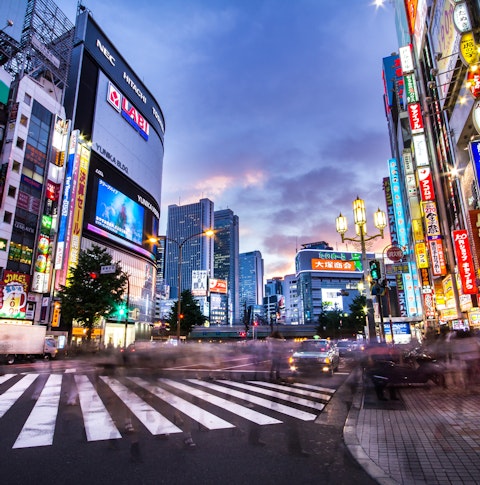
Upon arrival at Haneda or Narita Airport, students are transferred by private coach to their hotel in Tokyo. After a short briefing on the programme, the group has time to explore the local area. This free time allows students to begin observing Tokyo's urban environment - a valuable opportunity to consider how densely populated cities manage natural resources, biodiversity, and sustainability amid rapid development.
Day 2
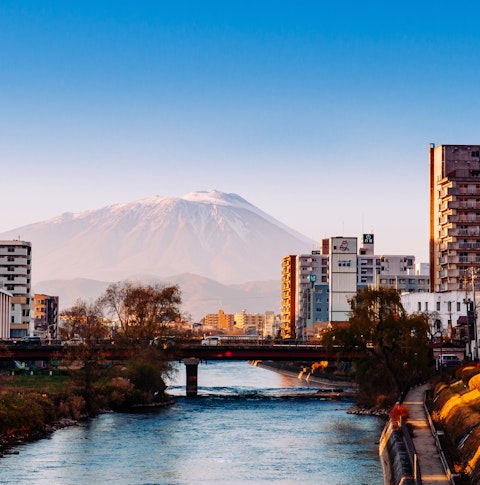
After breakfast, students take the bullet train to Morioka, where they transfer to the Yakehashiri International Exchange Village. The group settles into shared cabins and enjoys lunch on site before joining an interactive session with a local engineer, who introduces geothermal energy and how Japan, as a volcanically active nation, has adapted its geology for sustainable power use. Later, students explore a solidified lava field, observing how volcanic landscapes evolve and support ecological succession. The day ends with a visit to the Galactic Station Observatory, encouraging reflection on natural systems on both micro and macro levels. These activities help students understand the relationship between geology, renewable energy, and environmental sustainability.
Day 3
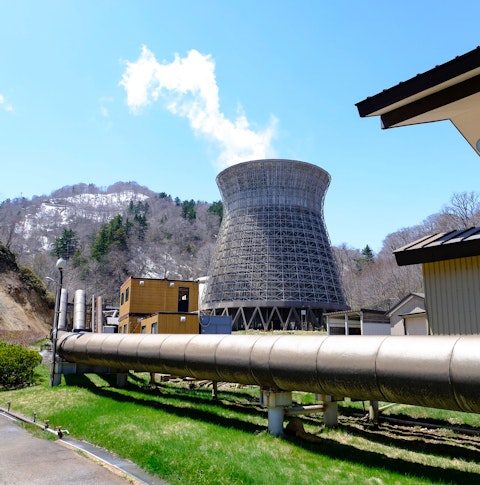
This day is dedicated to exploring real-life applications of geothermal energy and the environmental impact of past extractive industries. Students visit the Matsukawa Geothermal Power Plant, Japan's first, and observe how geothermal systems power greenhouses and mushroom farms. They learn how integrated agricultural practices use horse manure for cultivation and reduce waste. Later, at an abandoned sulphur mine, they study long-term environmental damage and its effect on a nearby beech forest, developing skills in environmental assessment. The day concludes with a visit to a traditional onsen, linking geothermal science with Japanese cultural heritage. Throughout the day, students gain insights into circular economy models, ecological restoration, and the balance between development and conservation.
Day 4
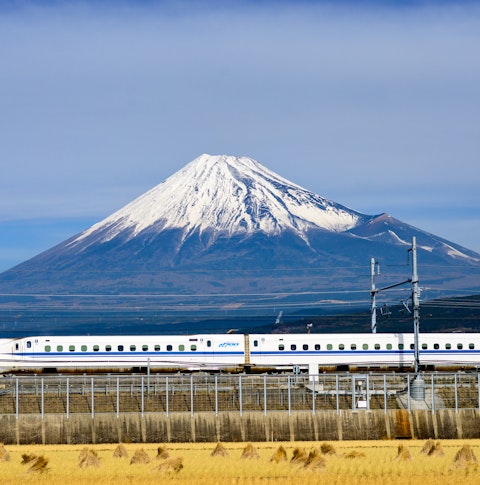
Returning to Tokyo by bullet train, the group begins an exploration of urban innovation through visits to the Hydrogen Museum, the Tokyo Gas Science Center, and the Rinkai Disaster Prevention Park. These visits showcase how Tokyo is tackling modern challenges with forward-thinking approaches to energy transition, climate resilience, and natural disaster preparedness. Students are encouraged to critically assess how sustainable technologies can be implemented in high-density urban areas and the role of education and innovation in shaping environmental futures.
Day 5
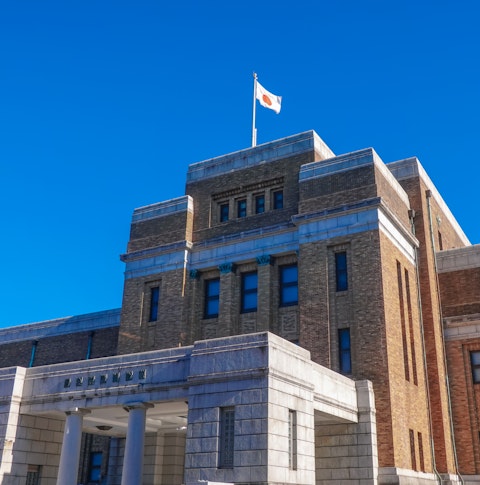
The day begins with a guided tour of Tokyo's Central Breakwater Landfill Site and Waste Treatment Facility, where students learn how one of the world's largest cities processes its waste, recovers resources, and reclaims land for future use. Later, at the National Museum of Nature and Science, students explore Japanese scientific contributions to biodiversity, conservation, and climate science. This day provides a deeper understanding of urban ecology, pollution control, and how scientific institutions can inform public policy and environmental awareness.
Day 6

After breakfast, the group transfers to the airport. While there are no formal activities, this final stage allows students to reflect on the connections between all elements of the trip - from energy systems and conservation practices to urban sustainability and global responsibility.
Whats included
- Overseas flights
- Accommodation
- Meals unless state otherwise
- Activities and coach transfers
- Entrance fees to sites and museums
- Local English-speaking guides
- UK and overseas transfers
- Free trip-leader place options
- 24-hour emergency service
- Online Travel Portal
- ATOL/ABTA protection
Why not add
- Enhance your experience by adding an extra day to explore, reflect, and make the most of your trip
Why choose us
- Fully accredited and financially protected
- Knowledgeable and experienced staff
- Regional Educational Development Execs to support all stages of the trip process
- Customer portal and app for when you’re on the move
- 24hr support
Can’t find what you’re looking for?
Speak to one of our expert travel advisors